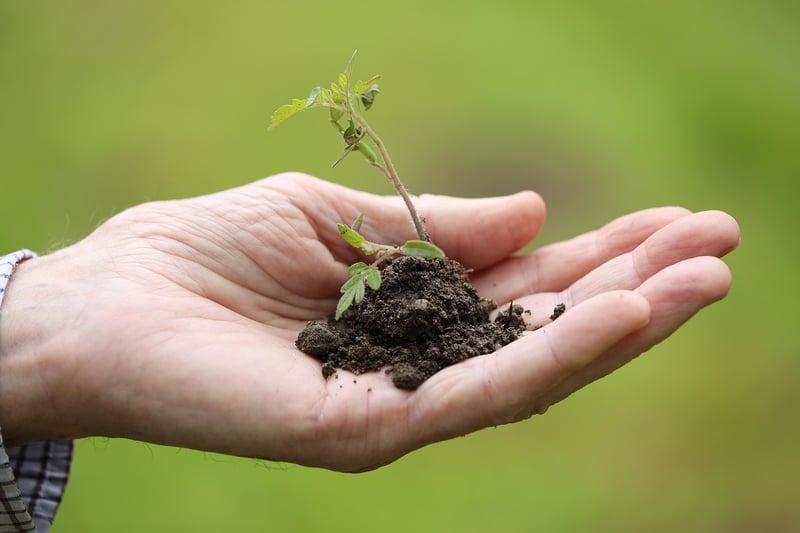Composting Techniques
Environmentally Conscious Gardening Methods + Composting Techniques
Introduction
Welcome to the world of environmentally conscious gardening! In this article, we will explore eco-friendly gardening methods and composting techniques that not only benefit your garden but also help reduce waste and promote sustainability.
Benefits of Environmentally Conscious Gardening
- Reduces chemical usage, promoting a healthier ecosystem
- Conserves water through techniques like mulching and drip irrigation
- Attracts beneficial insects and wildlife to your garden
- Helps combat climate change by sequestering carbon in the soil
Environmentally Conscious Gardening Methods
Here are some eco-friendly gardening practices you can incorporate into your gardening routine:
- Companion Planting: Planting certain species together to naturally deter pests and improve growth.
- Water Conservation: Collecting rainwater and using drip irrigation to reduce water waste.
- Organic Pest Control: Using natural predators, traps, and repellents to manage pests without harmful chemicals.
- Native Planting: Choosing plants native to your region to support local biodiversity and reduce maintenance needs.
Composting Techniques
Composting is a fantastic way to recycle organic waste and create nutrient-rich soil for your garden. Here are some composting techniques to get you started:
- Backyard Composting: Utilize a compost bin or pile to decompose kitchen scraps, yard waste, and other organic materials.
- Vermicomposting: Use worms to break down organic matter into compost, perfect for small spaces like apartments.
- Bokashi Composting: Ferment kitchen waste with effective microorganisms to create nutrient-rich compost quickly.
Conclusion
By adopting environmentally conscious gardening methods and composting techniques, you can create a sustainable garden that thrives while minimizing your environmental impact. Start small, experiment with different practices, and enjoy the benefits of a greener, healthier garden!


